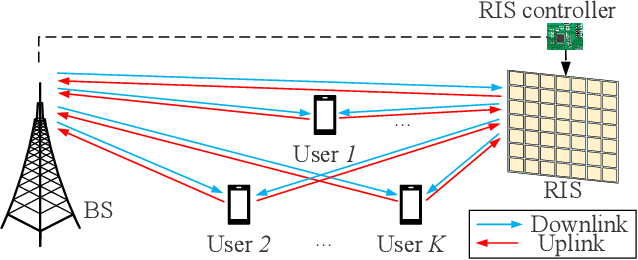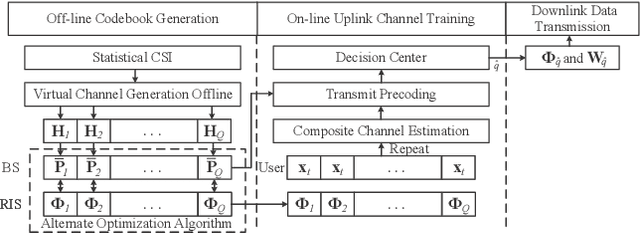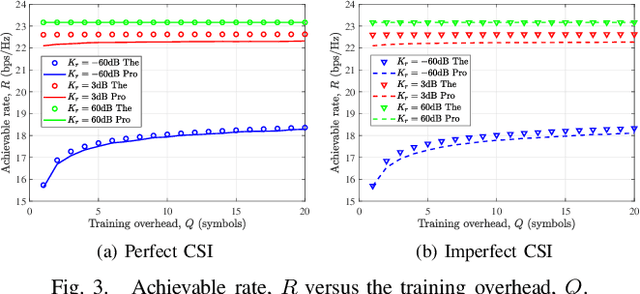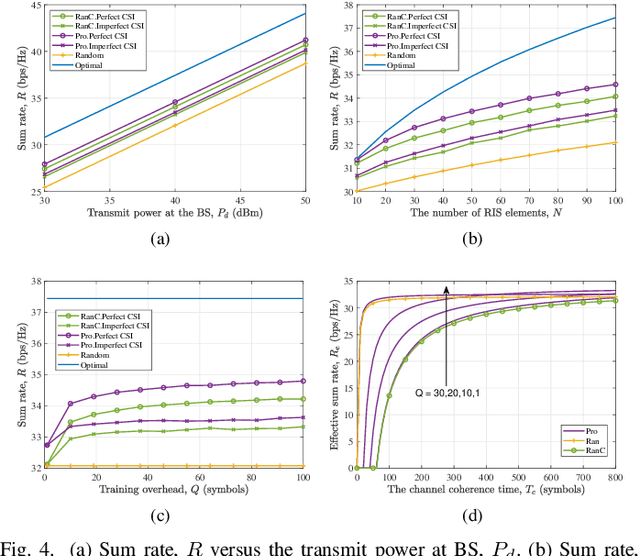Zhiheng Yu
ReGLA: Efficient Receptive-Field Modeling with Gated Linear Attention Network
Feb 05, 2026Abstract:Balancing accuracy and latency on high-resolution images is a critical challenge for lightweight models, particularly for Transformer-based architectures that often suffer from excessive latency. To address this issue, we introduce \textbf{ReGLA}, a series of lightweight hybrid networks, which integrates efficient convolutions for local feature extraction with ReLU-based gated linear attention for global modeling. The design incorporates three key innovations: the Efficient Large Receptive Field (ELRF) module for enhancing convolutional efficiency while preserving a large receptive field; the ReLU Gated Modulated Attention (RGMA) module for maintaining linear complexity while enhancing local feature representation; and a multi-teacher distillation strategy to boost performance on downstream tasks. Extensive experiments validate the superiority of ReGLA; particularly the ReGLA-M achieves \textbf{80.85\%} Top-1 accuracy on ImageNet-1K at $224px$, with only \textbf{4.98 ms} latency at $512px$. Furthermore, ReGLA outperforms similarly scaled iFormer models in downstream tasks, achieving gains of \textbf{3.1\%} AP on COCO object detection and \textbf{3.6\%} mIoU on ADE20K semantic segmentation, establishing it as a state-of-the-art solution for high-resolution visual applications.
Visual Bridge: Universal Visual Perception Representations Generating
Nov 11, 2025Abstract:Recent advances in diffusion models have achieved remarkable success in isolated computer vision tasks such as text-to-image generation, depth estimation, and optical flow. However, these models are often restricted by a ``single-task-single-model'' paradigm, severely limiting their generalizability and scalability in multi-task scenarios. Motivated by the cross-domain generalization ability of large language models, we propose a universal visual perception framework based on flow matching that can generate diverse visual representations across multiple tasks. Our approach formulates the process as a universal flow-matching problem from image patch tokens to task-specific representations rather than an independent generation or regression problem. By leveraging a strong self-supervised foundation model as the anchor and introducing a multi-scale, circular task embedding mechanism, our method learns a universal velocity field to bridge the gap between heterogeneous tasks, supporting efficient and flexible representation transfer. Extensive experiments on classification, detection, segmentation, depth estimation, and image-text retrieval demonstrate that our model achieves competitive performance in both zero-shot and fine-tuned settings, outperforming prior generalist and several specialist models. Ablation studies further validate the robustness, scalability, and generalization of our framework. Our work marks a significant step towards general-purpose visual perception, providing a solid foundation for future research in universal vision modeling.
Weighted Codebook Scheme for RIS-Assisted Point-to-Point MIMO Communications
Mar 10, 2025Abstract:Reconfigurable intelligent surfaces (RIS) can reshape the characteristics of wireless channels by intelligently regulating the phase shifts of reflecting elements. Recently, various codebook schemes have been utilized to optimize the reflection coefficients (RCs); however, the selection of the optimal codeword is usually obtained by evaluating a metric of interest. In this letter, we propose a novel weighted design on the discrete Fourier transform (DFT) codebook to obtain the optimal RCs for RIS-assisted point-to-point multiple-input multiple-output (MIMO) systems. Specifically, we first introduce a channel training protocol where we configure the RIS RCs using the DFT codebook to obtain a set of observations through the uplink training process. Secondly, based on these observed samples, the Lagrange multiplier method is utilized to optimize the weights in an iterative manner, which could result in a higher channel capacity for assisting in the downlink data transmission. Thirdly, we investigate the effect of different codeword configuration orders on system performance and design an efficient codeword configuration method based on statistical channel state information (CSI). Finally, numerical simulations are provided to demonstrate the performance of the proposed scheme.
Environment-Aware Codebook Design for RIS-Assisted MU-MISO Communications: Implementation and Performance Analysis
Jun 13, 2024



Abstract:Reconfigurable intelligent surface (RIS) provides a new electromagnetic response control solution, which can proactively reshape the characteristics of wireless channel environments. In RIS-assisted communication systems, the acquisition of channel state information (CSI) and the optimization of reflecting coefficients constitute major design challenges. To address these issues, codebook-based solutions have been developed recently, which, however, are mostly environment-agnostic. In this paper, a novel environment-aware codebook protocol is proposed, which can significantly reduce both pilot overhead and computational complexity, while maintaining expected communication performance. Specifically, first of all, a channel training framework is introduced to divide the training phase into several blocks. In each block, we directly estimate the composite end-to-end channel and focus only on the transmit beamforming. Second, we propose an environment-aware codebook generation scheme, which first generates a group of channels based on statistical CSI, and then obtains their corresponding RIS configuration by utilizing the alternating optimization (AO) method offline. In each online training block, the RIS is configured based on the corresponding codeword in the environment-aware codebook, and the optimal codeword resulting in the highest sum rate is adopted for assisting in the downlink data transmission. Third, we analyze the theoretical performance of the environment-aware codebook-based protocol taking into account the channel estimation errors. Finally, numerical simulations are provided to verify our theoretical analysis and the performance of the proposed scheme. In particular, the simulation results demonstrate that our protocol is more competitive than conventional environment-agnostic codebooks.
Environment-Aware Codebook for RIS-Assisted MU-MISO Communications: Implementation and Performance Analysis
Mar 30, 2024



Abstract:Reconfigurable intelligent surface (RIS) provides a new electromagnetic response control solution, which can reshape the characteristics of wireless channels. In this paper, we propose a novel environment-aware codebook protocol for RIS-assisted multi-user multiple-input single-output (MU-MISO) systems. Specifically, we first introduce a channel training protocol which consists of off-line and on-line stages. Secondly, we propose an environment-aware codebook generation scheme, which utilizes the statistical channel state information and alternating optimization method to generate codewords offline. Then, in the on-line stage, we use these pre-designed codewords to configure the RIS, and the optimal codeword resulting in the highest sum rate is adopted for assisting in the downlink data transmission. Thirdly, we analyze the theoretical performance of the proposed protocol considering the channel estimation errors. Finally, numerical simulations are provided to verify our theoretical analysis and the performance of the proposed scheme.
 Add to Chrome
Add to Chrome Add to Firefox
Add to Firefox Add to Edge
Add to Edge